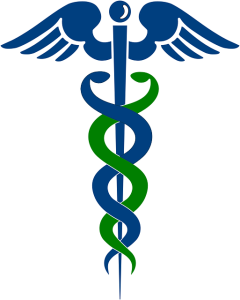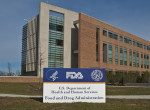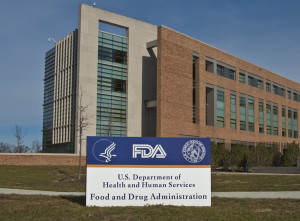submitted by jwithrow.
Journal of a Wayward Philosopher
On Allopathic Medicine and Universal Health Care
July 22, 2015
Hot Springs, VA
The S&P closed out Tuesday at $2,114. Gold closed at $1,103 per ounce. Oil checked out just under $51 per barrel, and the 10-year Treasury rate closed at 2.37%. Bitcoin is trading around $278 per BTC today.
Dear Journal,
The big news in the markets this week is gold’s staggering fall. The reason: nearly 5 Tonnes of gold was unloaded on the Shanghai Gold Exchange within a two minute window during the Asian trading session on Monday. This activity represented nearly 20% of the average daily trading volume in gold on the Shanghai Exchange – all within a two minute window. Nearly simultaneously, 7,600 contracts of the August 15 gold contract sold off on the COMEX within a two minute window as well. Somebody knows something. Nevertheless, this pullback looks like a great buying opportunity to me.
Las week we examined ways to disintermediate the State and I suggested holistic wellness as a means of distancing yourself from the corruption and cronyism that manifests in the relationship between allopathic medicine and its lobbies, big pharmaceutical corporations and their lobbies, big health insurance corporations and their lobbies, and the federal government and its regulatory agencies. You could potentially throw Wall Street and the big agriculture corporations into this mix as well for the roles they play in perpetuating the sickness paradigm.
Here’s how it works in a simplified nutshell: the allopathic medical establishment (AMA) preaches a hyper-interventionist mentality that focuses on prescribing drugs for every illness – real or imagined. Big-Pharma provides the drugs and constantly develops new drugs for the temporary treatment of symptoms. Big-Insurance sets the reimbursement figures for each drug and each treatment thus incentivizing certain practices. All three fund massive lobbies that exert influence upon the FDA and other State-regulatory agencies which in turn protect the established interests from competition and law suits. For their part, Big-Agra manufactures a huge variety of unhealthy food products that help keep people sick which leads to more doctor visits and more drugs. Wall Street keeps the pressure on Big-Pharma and Big-Agra to grow revenues which incentivizes marginal innovations and aggressive marketing campaigns. This system does not seek to improve health, it seeks only to treat sickness symptoms over and over again. Continue reading “On Allopathic Medicine and Universal Health Care”


